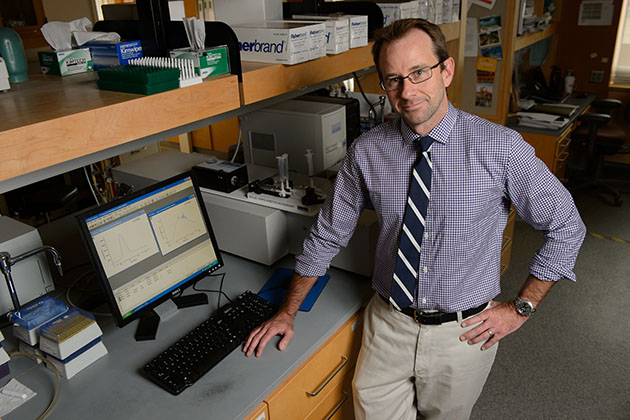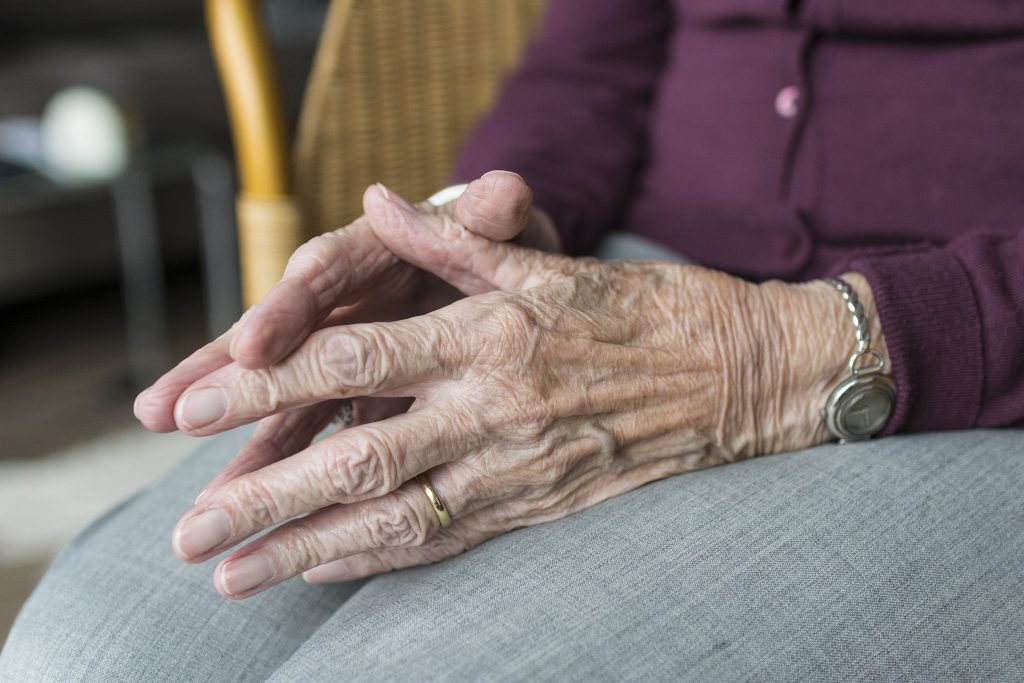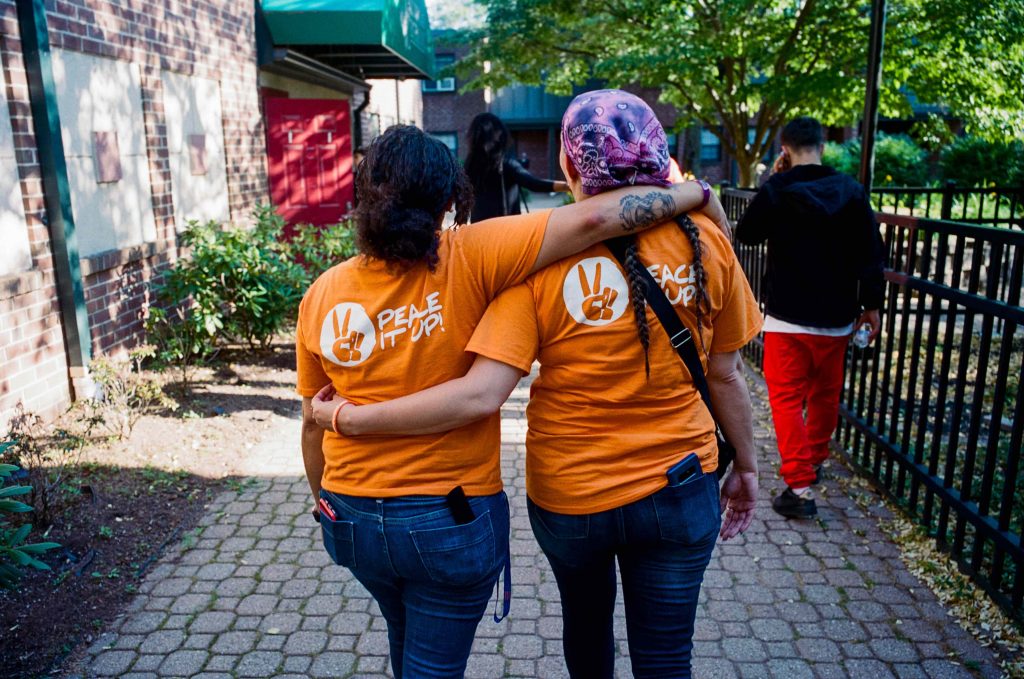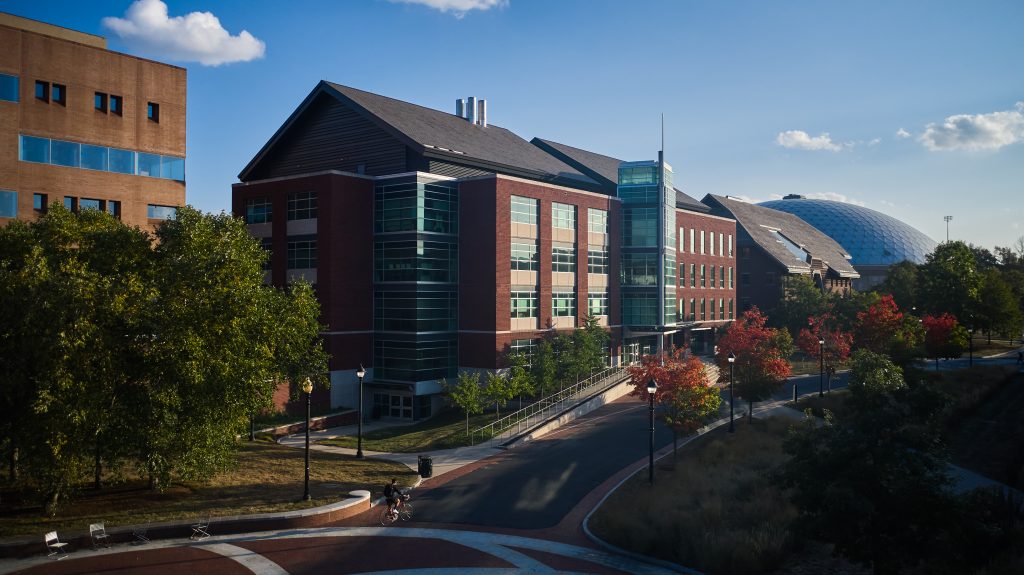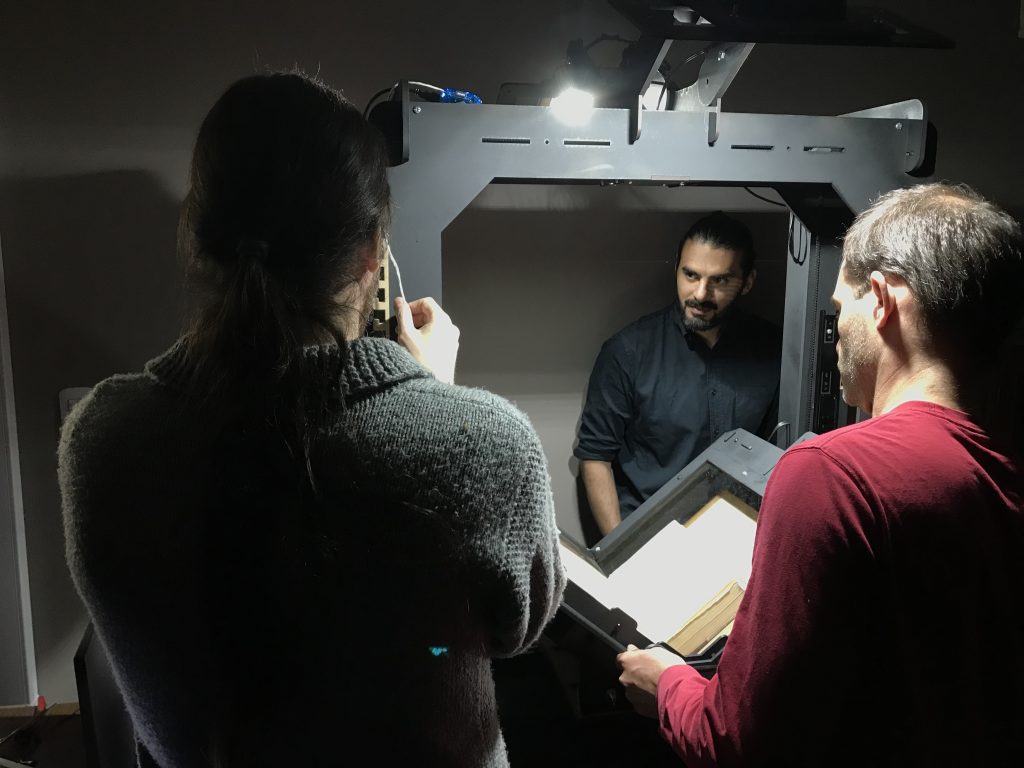
Executive Director, Office of Communications
Jessica McBride, PhD
Dr. Jessica McBride is the Executive Director of the Office of Communications at UConn's College of Agriculture, Health and Natural Resources. She is responsible for developing and implementing communications and marketing strategies to highlight the College's unique research strengths, outstanding academic offerings, and extensive community impact. An alum, Jessica earned her Ph.D. from UConn in 2017.
Author Archive
Sun and Sea: UConn Professor Advances in National Solar Desalination Contest
University of Connecticut professor of chemical and biomolecular engineering Jeff McCutcheon is a quarter finalist in the American-Made Challenges: Solar Desalination Prize administered by the U.S. Department of Energy. High salinity brines from oil and gas production, mining and industrial wastewaters are challenging to treat with conventional desalination technologies. Scientists have been working on various […]
December 9, 2020 | Anna Zarra Aldrich '20 (CLAS), Office of the Vice President for Research
Q&A: The Magic of University Entrepreneurship
Abhijit (Jit) Banerjee, UConn's new AVP of Innovation and Entrepreneurship, talks about the University's strengths in these areas, and the ways it can become even more successful.
November 18, 2020 | Jessica McBride, PhD
UConn Researcher Investigates Promising Candidate for Mitochondrial Disease Treatment
Researchers and clinicians are exploring many potential medicinal approaches for investigating and treating the root causes of diseases including gene and enzyme replacement therapy. But another therapeutic approach is to develop compounds that maintain cells in a healthy state. Cellular organelles called mitochondria are increasingly recognized as promising targets for such compounds. Mitochondria are responsible […]
November 16, 2020 | Anna Zarra Aldrich '20 (CLAS), Office of the Vice President for Research
UConn Researchers Prepare Master’s Students to Work with Children with Developmental Disabilities
Many children with developmental disabilities, such as autism, have high-intensity behavioral needs, meaning they require a wide-ranging support system of people appropriately trained to work together to address their needs. Nearly 400,000 students in Connecticut have special health care needs. In the past decade, the prevalence of children with developmental disabilities has increased by 17% […]
November 12, 2020 | Anna Zarra Aldrich '20 (CLAS), Office of the Vice President for Research
UConn Health Team to Investigate Link Between Gut Microbiome and Aging
The adage tells us the way to someone’s heart is their stomach; a pair of UConn Health researchers are learning the same can be said for the aging process. Drs. Yanjiao Zhou and Ming Xu have received a $2.7 million award from the National Institutes of Health to gain a better understanding of how the […]
November 9, 2020 | Anna Zarra Aldrich '20 (CLAS), Office of the Vice President for Research
OVPR Announces Scholarship Facilitation Fund Awards
The Office of the Vice President for Research (OVPR) has recently finalized award decisions for the Scholarship Facilitation Fund (SFF) Program. Through this program, the OVPR is able to provide up to $2,000 to UConn faculty across all disciplines, on a competitive basis, to promote, support, and enhance research, scholarship and creative endeavors. For a […]
October 27, 2020 | Jessica McBride, PhD
UConn Researcher Receives CDC Grant to Develop Social Media-Based Intervention to Prevent Gun Injury
UConn's Caitlin Elsaesser has received a $250,000 award from the national Centers for Disease Control and Prevention (CDC) to research how social media contributes to youth firearm violence.
October 20, 2020 | Anna Zarra Aldrich '20 (CLAS), Office of the Vice President for Research
UConn Wins Record Grants and Contracts Funding in FY2020
In fiscal year 2020, researchers from UConn and UConn Health secured nearly $286 million in research and other types of sponsored funding, the most in the University’s history.
October 19, 2020 | Jessica McBride, PhD
OVPR Announces Research Excellence Awards
The Office of the Vice President for Research (OVPR) recently announced recipients in the 2020 Research Excellence Program (REP) for the Storrs/regional campuses and UConn Health. The primary goal of the REP is to provide seed funding to fuel innovative research, scholarship, and creative endeavors with strong potential for significant extramural funding and/or achievements consistent […]
October 16, 2020 | Jessica McBride, PhD
OVPR Funds Five Projects in the Arts & Humanities
The Office of the Vice President for Research (OVPR) recently announced recipients of the second annual Scholarship and Collaboration in Humanities and Arts Research (SCHARP) Program. SCHARP awards aim to support innovative works of scholarship and creative activities in the arts and humanities that have the potential to transform a field of study, impact the […]
October 8, 2020 | Jessica McBride, PhD


